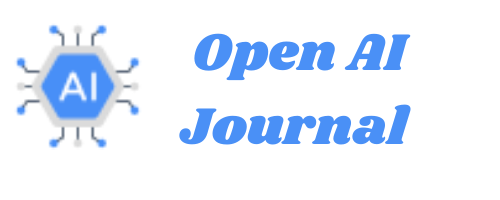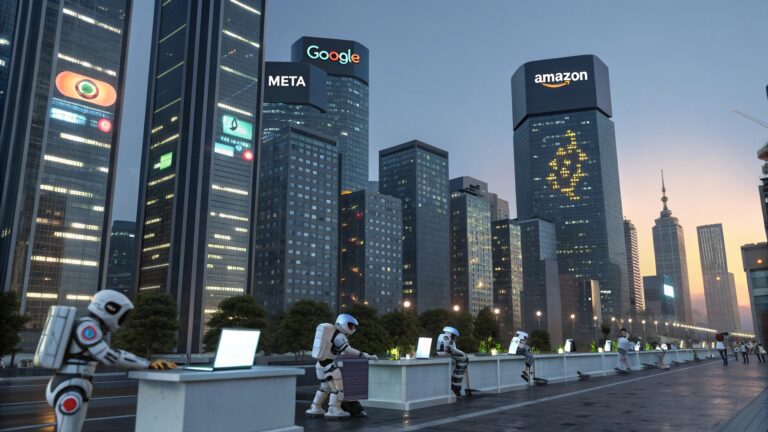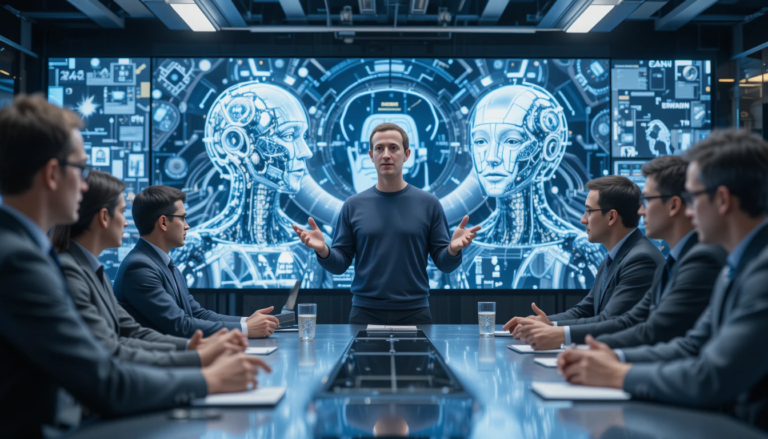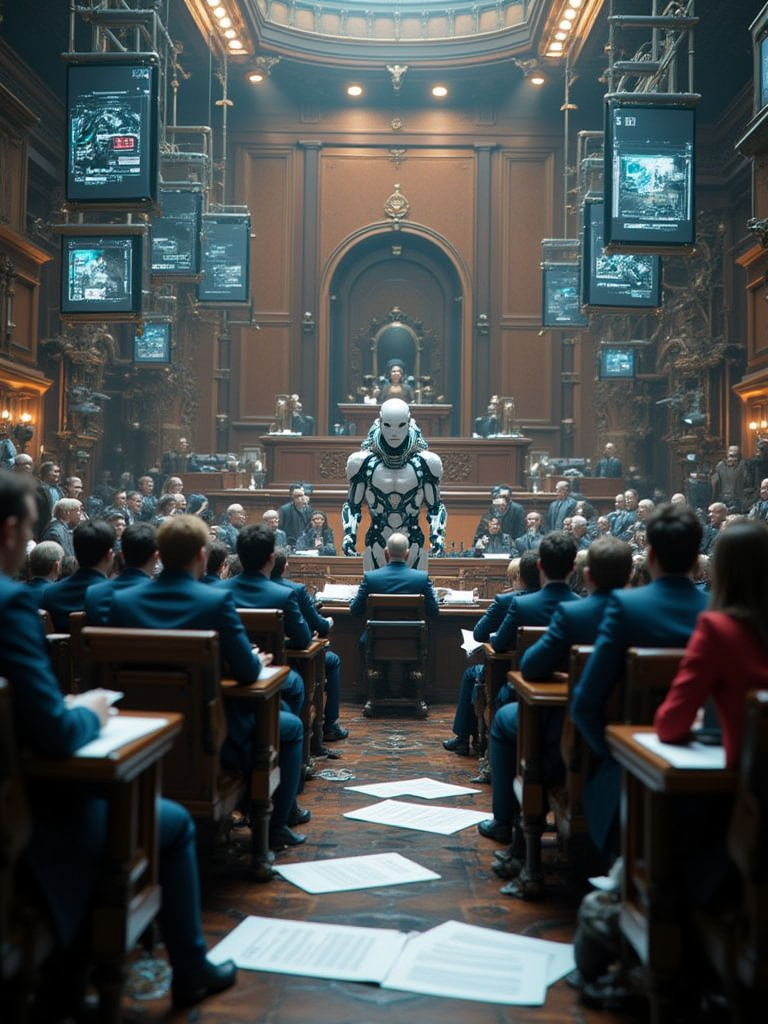Explosive Lawsuit: Mark Zuckerberg approved Meta’s use of “pirated” books
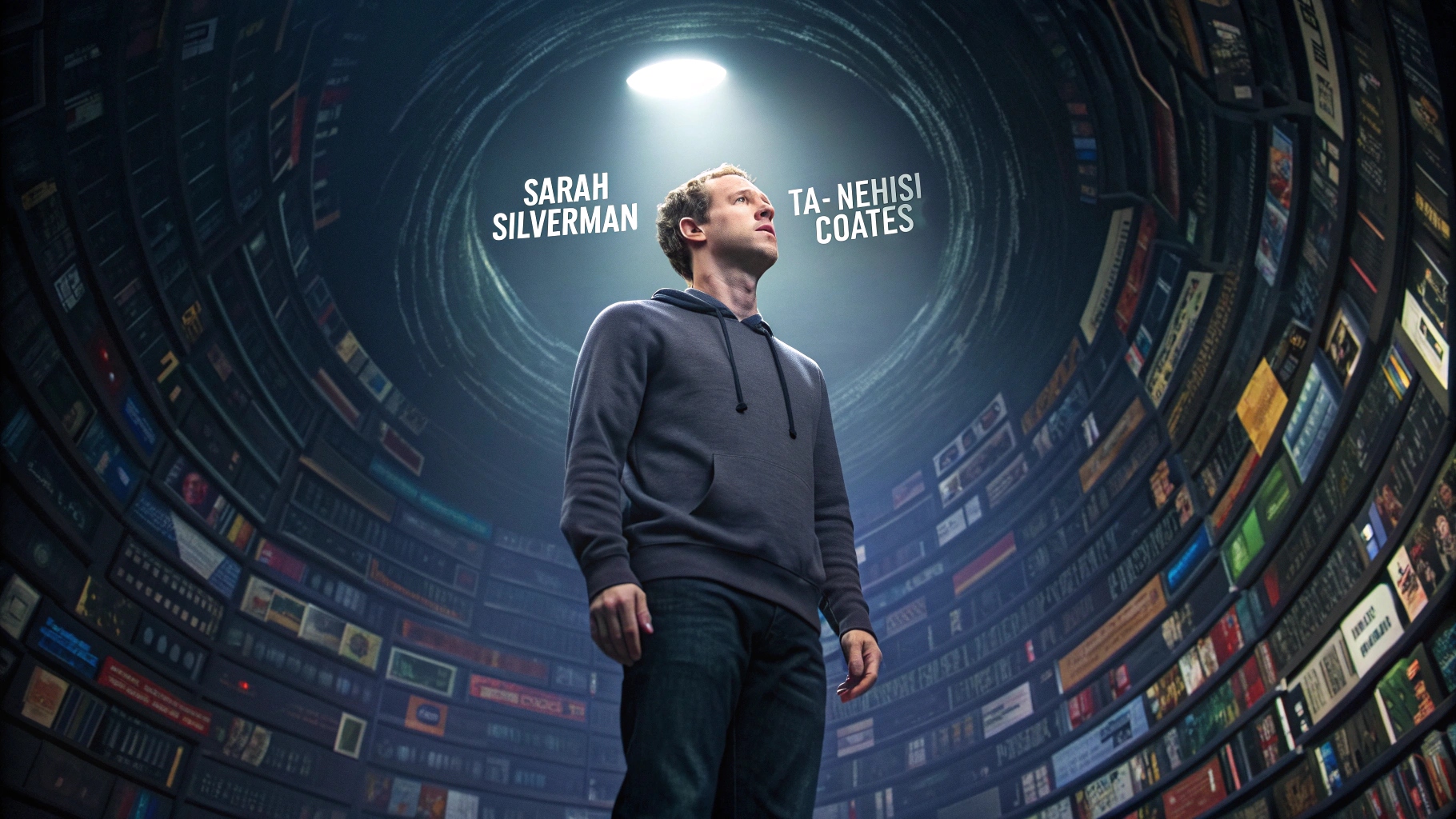
Table of Contents
Introduction: A Turning Point for AI, Copyright, and Big Tech
Imagine this: you’re an author who has poured years into writing a book. It’s your blood, sweat, and tears bound between two covers. Now, imagine finding out that your work is being used—without your consent—to train artificial intelligence (AI) models for one of the biggest tech companies in the world. That’s exactly what Sarah Silverman, Ta-Nehisi Coates, and other prominent authors are claiming in a bombshell lawsuit against Meta, the parent company of Facebook.
This lawsuit alleges that Mark Zuckerberg, the CEO of Meta, approved the use of “pirated” books from a controversial online database, Library Genesis (LibGen), to train Meta’s large language model, Llama. If true, this raises serious ethical and legal questions about the responsibility of Big Tech in respecting intellectual property. The case also signals a broader cultural reckoning: how do we balance AI innovation with the rights of creators?
As someone who has followed the rise of AI and its disruptive capabilities, this story feels like a watershed moment. It’s not just about Meta or Zuckerberg; this is about the future of creativity in an AI-driven world. In this article, we’ll unpack the lawsuit, explore its implications, and discuss why this case matters to all of us—whether you’re a creator, a tech enthusiast, or just someone curious about how AI is reshaping society.
1. The Lawsuit: What Are the Claims Against Meta?

The lawsuit, filed by a group of authors including Sarah Silverman and Ta-Nehisi Coates, alleges that Meta knowingly used copyrighted books without permission to train its AI models. The heart of their claim is that Meta relied on the Library Genesis (LibGen) dataset—a massive online archive of books that includes a significant amount of pirated material.
LibGen is often called the “Pirate Bay of books,” and its legality has long been questioned. Authors and publishers have condemned the platform for distributing their works without consent, and now it’s alleged that Meta used this very dataset to train its AI.
Key Allegations:
- Unauthorized Use of Copyrighted Material: The authors claim their books were used without consent, violating copyright laws.
- Internal Warnings Ignored: Meta employees reportedly raised concerns about the legality of using the LibGen dataset, warning that it could harm the company’s reputation and regulatory standing.
- Zuckerberg’s Involvement: The lawsuit specifically alleges that Mark Zuckerberg approved the use of this dataset, despite these internal warnings.
If these allegations are true, it paints a picture of a company willing to cut ethical and legal corners to gain an edge in the AI race.
2. Why This Matters: Copyright and AI Training
One of the central questions this lawsuit raises is whether it’s legal—and ethical—for companies to use copyrighted material to train AI systems. This isn’t just a problem for Meta; it’s an issue facing the entire AI industry.
The Legal Gray Area
Current copyright laws weren’t designed with AI in mind, which creates a gray area. Training AI models requires enormous datasets, and these datasets often include copyrighted material. Companies argue that this use falls under “fair use,” a legal doctrine that allows limited use of copyrighted material without permission for purposes like research or education.
However, many authors and creators argue that training AI on their work goes far beyond fair use. Unlike quoting a few lines from a book for a research paper, AI training involves processing entire books, extracting patterns, and creating systems that can mimic the original content.
The Ethical Dilemma
Even if the practice is legal, is it ethical? Creators spend years crafting their work, and many rely on book sales for their livelihoods. Using their work without consent—or compensation—feels exploitative.
Think of it this way: if you’re a chef, and someone steals your recipe to create a robot that cooks just like you, wouldn’t you feel robbed? That’s essentially what’s happening here.
3. Zuckerberg Approved Meta’s Use of “Pirated” Books: A Risky Move?
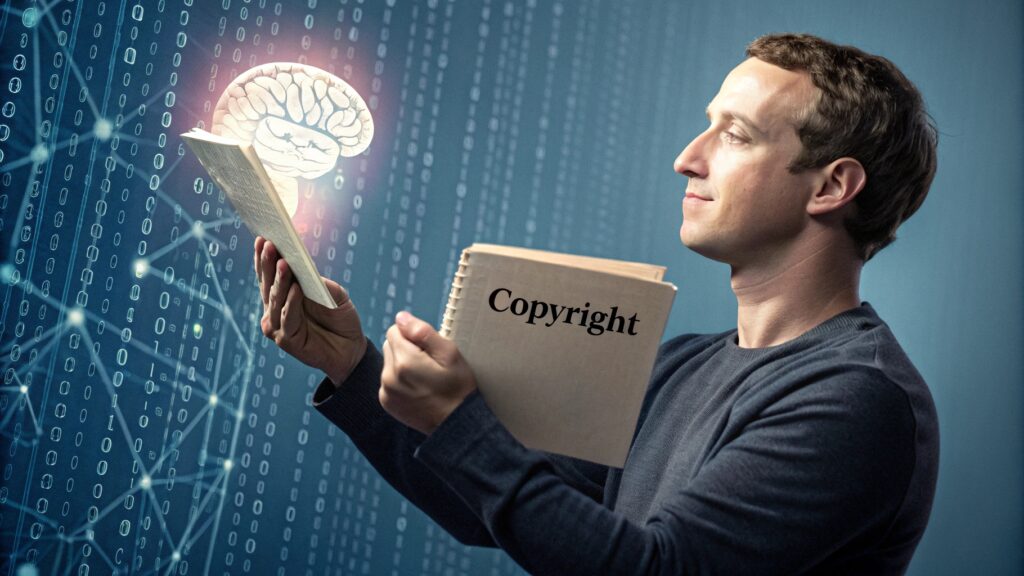
The lawsuit’s most explosive claim is that Zuckerberg himself approved the use of the LibGen dataset, despite internal warnings. This allegation is significant because it suggests that the decision wasn’t just a low-level oversight—it was a deliberate choice made at the highest levels of the company.
Ignoring Internal Warnings
According to the lawsuit, Meta employees warned that using LibGen could lead to legal trouble and damage the company’s reputation. These warnings were reportedly ignored, as Meta prioritized the rapid development of its AI systems.
This isn’t the first time Zuckerberg has been accused of prioritizing growth over ethics. Facebook, now Meta, has faced criticism for its role in spreading misinformation, violating user privacy, and prioritizing engagement over social responsibility. The use of pirated books to train AI seems to fit this pattern.
Regulatory Risks
By using a dataset like LibGen, Meta risks alienating regulators who are already scrutinizing Big Tech’s practices. The European Union, for example, is developing strict AI regulations that emphasize transparency and accountability. If Meta is found to have used pirated content, it could face significant fines and restrictions.
4. The Broader Implications: What This Means for the Creative Industry
This lawsuit isn’t just about Meta or Zuckerberg. It’s part of a larger conversation about the impact of AI on creativity and intellectual property.
The Threat to Authors and Creators
For authors like Sarah Silverman and Ta-Nehisi Coates, this case is personal. Their works were used without their consent, and they received no compensation. But the implications go beyond individual authors.
If companies can use copyrighted material without permission to train AI, what’s to stop them from doing the same with music, art, or other creative works? This could undermine entire industries, devaluing human creativity in favor of machine-generated content.
The Future of Copyright Law
This case could set a precedent for how copyright laws are applied to AI training. If the court rules in favor of the authors, it could force tech companies to obtain licenses or pay royalties for the material they use. This would be a win for creators but could slow down AI development.
On the other hand, if Meta wins, it could embolden other companies to use copyrighted material without fear of legal consequences. This would be a blow to creators but a boon for AI innovation.
5. My Personal Experience: Why This Issue Hits Close to Home
As someone who writes for a living, this story feels deeply personal. I’ve spent countless hours crafting articles, essays, and blog posts, and the idea that my work could be scraped and used without my consent is frustrating.
A few months ago, I discovered that one of my articles had been copied word-for-word on a sketchy website without my permission. It was infuriating. Not only did they steal my work, but they also profited from it through ads.
Now imagine that on a massive scale. That’s what’s happening to these authors. Their work is being used to train AI systems that may eventually replace them. It’s like being asked to dig your own grave.
6. Finding a Balance: Innovation vs. Ethics
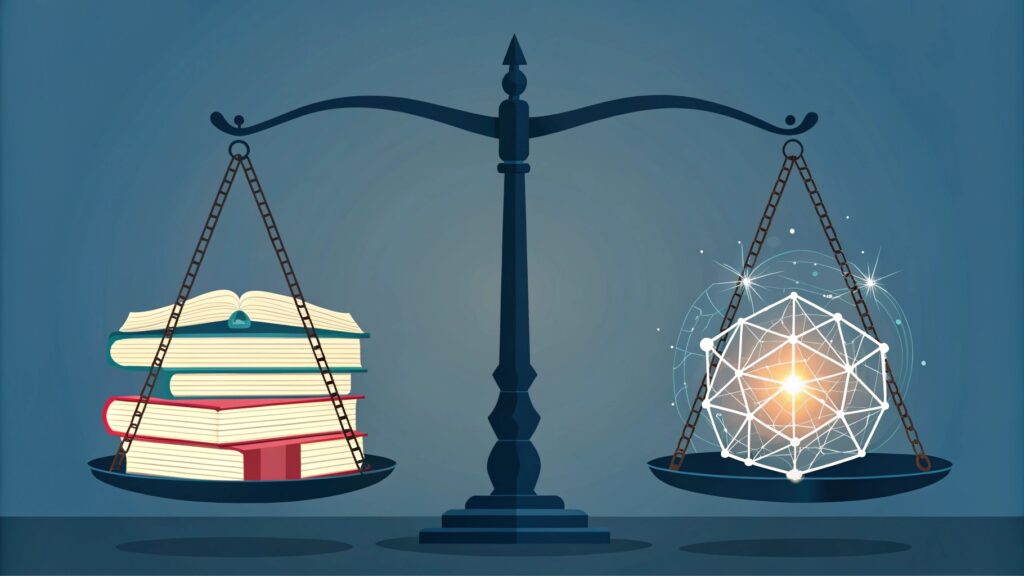
The challenge here is finding a balance between fostering AI innovation and respecting the rights of creators.
Possible Solutions
- Licensing Agreements: Companies like Meta could pay to license copyrighted material for AI training, ensuring that creators are compensated.
- Transparent Practices: Tech companies should be transparent about the datasets they use and obtain consent when necessary.
- Updated Copyright Laws: Governments need to update copyright laws to address the unique challenges posed by AI.
Why This Matters
AI has the potential to revolutionize industries, but we can’t let that come at the expense of creators. Without their work, there would be no AI models to train.
Conclusion: A Wake-Up Call for Big Tech and Society
The lawsuit against Meta and Mark Zuckerberg is a wake-up call. It forces us to confront uncomfortable questions about the ethics of AI, the rights of creators, and the responsibility of Big Tech.
If the allegations are true, Zuckerberg’s approval of Meta’s use of “pirated” books is more than just a legal issue—it’s a moral failing. It’s a reminder that in the race to innovate, we can’t lose sight of the people who make innovation possible.
As this case unfolds, one thing is clear: the decisions we make today about AI and copyright will shape the future of creativity for generations to come. Let’s make sure we get it right.
